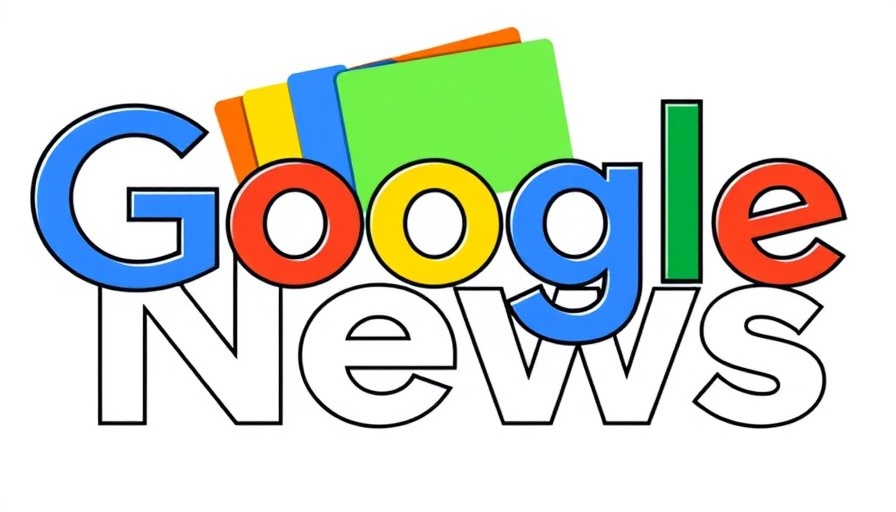
The Growing Intersection of AI and Entertainment
In an age where technology continuously reshapes art and creativity, a significant legal battle has emerged. Disney and Universal have initiated a lawsuit against Midjourney, a creative AI tool, for allegedly infringing copyright laws with its capabilities of generating art inspired by existing works. This case not only raises questions about copyright ownership in the digital age but also highlights the blurred lines between human creativity and machine-generated content.
The use of AI in art generation is not entirely new; tools like DALL-E and others have raised similar concerns. However, with heavyweights like Disney and Universal entering the scene, this case could set a precedent that impacts how AI technologies are utilized across various creative industries. It brings to the forefront the necessity of establishing clearer guidelines to navigate the evolving landscape of copyright in AI-generated content.
Understanding Copyright in the Age of AI
Copyright is intended to protect original works of authorship, but with the advent of AI technologies, the definition of what constitutes 'original' is being challenged. Midjourney's algorithms generate art based on patterns learned from existing data, essentially remixing elements from thousands of creative works. This continuous reshaping raises significant questions: Who owns the copyright of artwork created by AI? Is it the developer, the user, or is it a newly formed category altogether?
As AI continues to evolve, artists and creators need to be proactive in understanding the implications of these technologies on their rights. Many are looking to the emerging landscape to establish best practices and foster a collaborative environment where both human artists and AI can coexist. This could mean creating licenses tailored to AI-generated art to protect original creators, while still allowing for innovative uses of AI.
The Impact of AI on Creative Expression
The lawsuit also ignites a broader conversation regarding AI's role in artistic expression. Artists are not merely concerned about their intellectual property, but also about how AI creation tools could fundamentally alter the creative process. Some fear that these technologies might dilute the essence of art, reducing intricate human emotions to lines of code.
Conversely, proponents argue that AI tools can serve as powerful allies, enabling artists to explore new realms of creativity that were previously unimagined. By embracing AI, creators can enhance their capabilities and produce groundbreaking works that blend human insight with machine precision. The challenge lies in striking a balance between innovation and the value of human creativity.
Looking Ahead: The Future of AI and Creative Industries
The clash between traditional entertainment giants and innovative technological platforms illustrates an increasingly complex relationship. As AI technologies continue to advance, industries are poised to undergo significant transformations. The outcomes of this lawsuit will likely influence future regulations and best practices across not just entertainment but various creative sectors, from music and art to literature and gaming.
Such developments prompt individuals, especially students and young professionals eager to dive into the tech world, to grasp the fundamentals of AI. Understanding AI—its principles, advancements, and implications—will be crucial in navigating future job markets. AI isn’t just a tool; it’s a companion shaping a rapidly changing landscape.
Take Action: Educate Yourself on AI
In light of these developments, it's essential for enthusiasts and professionals alike to educate themselves about AI. Resources are available for beginners looking to understand AI concepts, explore machine learning, and even delve into deep learning fundamentals. Whether through online courses, workshops, or tutorials, now is the time to equip yourself with AI knowledge to stay relevant in this technology-driven era.
 Add Row
Add Row  Add
Add 




 Add Row
Add Row  Add
Add 



Write A Comment